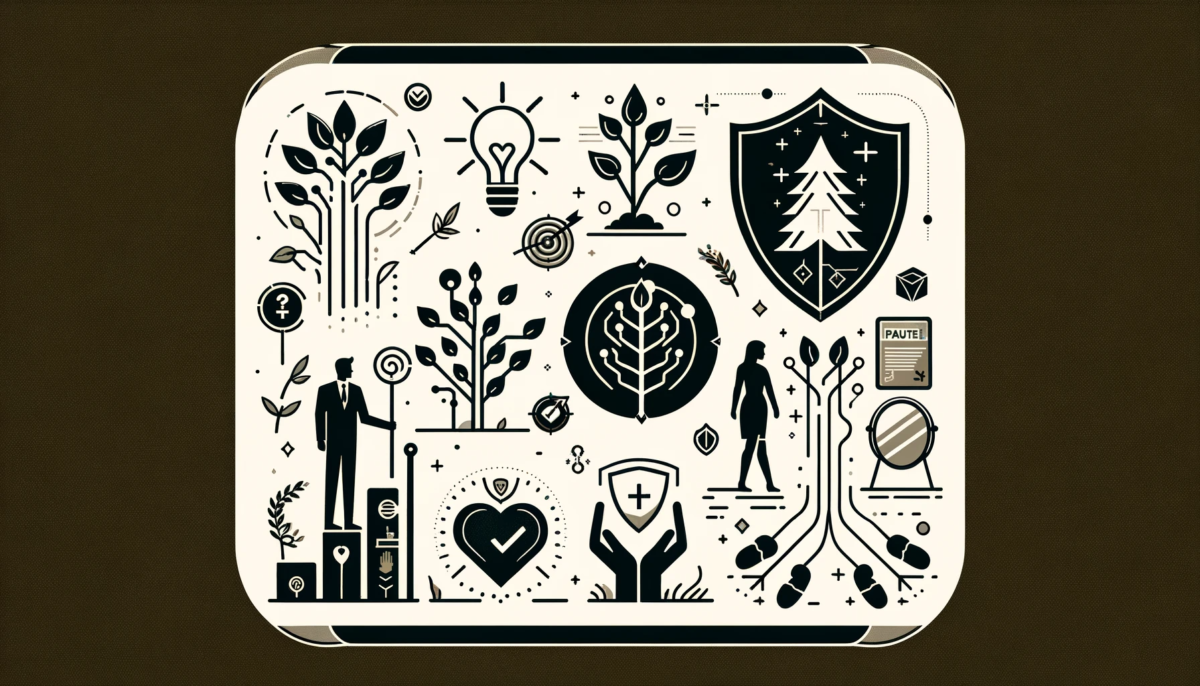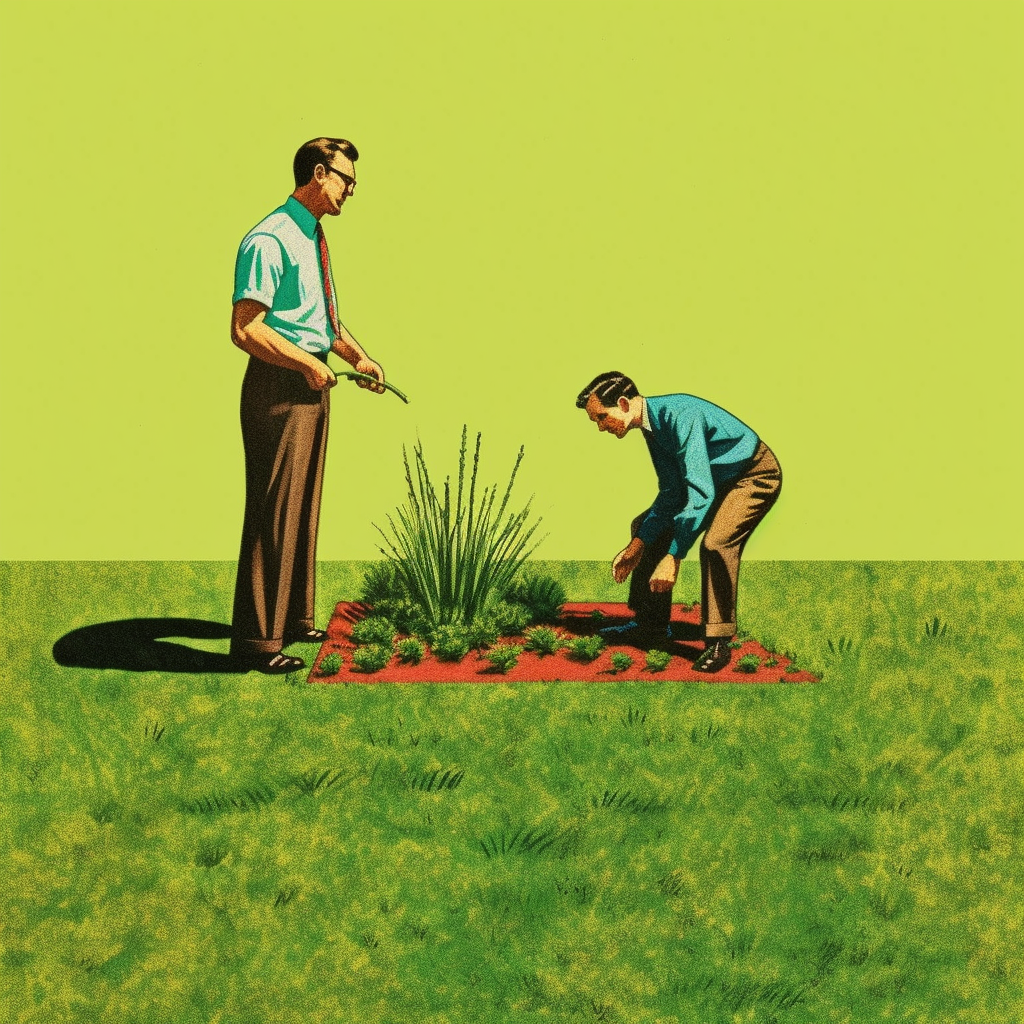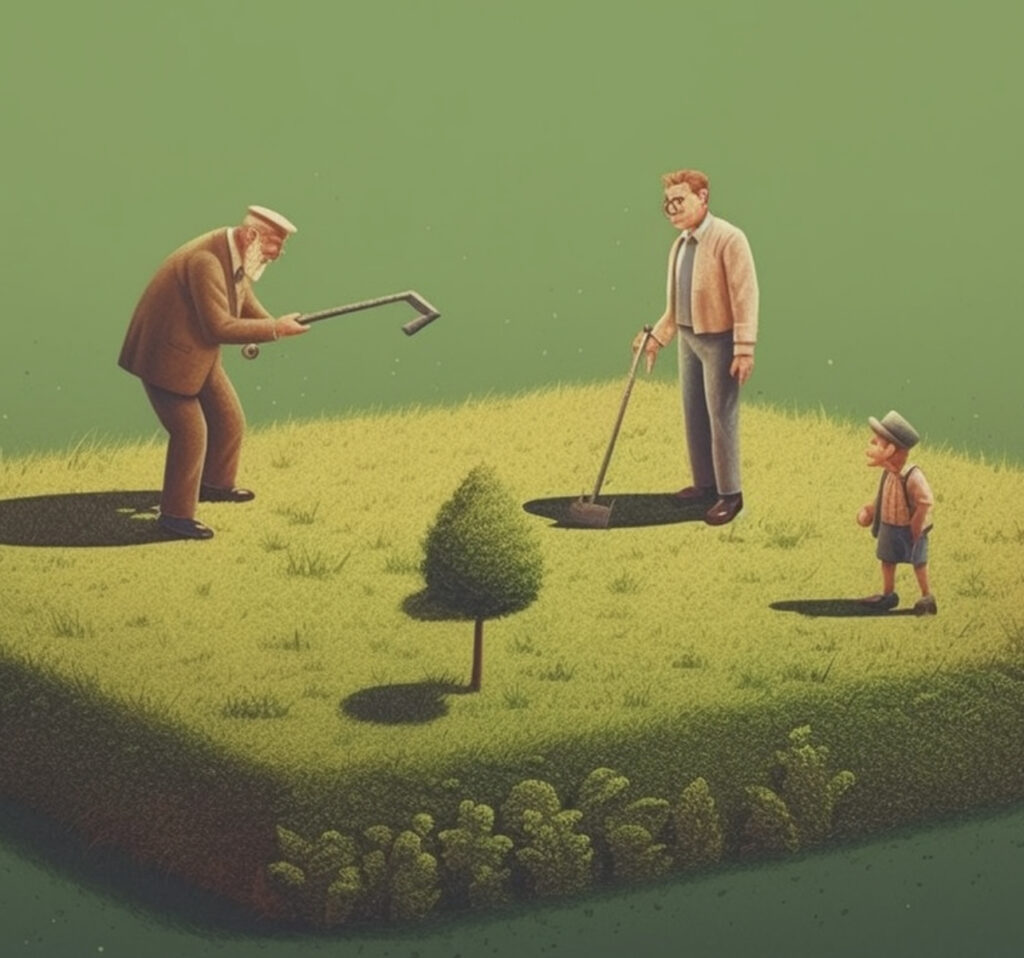Introduction
As we embark on 2024, a fresh chapter unfolds, offering us a canvas to paint our aspirations and dreams. Central to this journey of growth and achievement is a fundamental concept: belief. Belief, in its essence, is the seed from which the tree of our endeavors grows. It’s the quiet confidence that whispers in our hearts, urging us to take the first step towards the unknown. When belief is nurtured, it transforms into faith, a powerful force that sustains us through life’s myriad challenges.
Belief: The Starting Point of All Endeavors
Belief begins as a flicker of thought, a subtle conviction that something can be achieved or a situation can be overcome. In every invention, discovery, or personal achievement, belief is the starting line. It’s the silent assurance that what we are about to embark on, no matter how daunting, is possible. This belief in oneself, in one’s abilities and potential, is what sets the wheels of progress in motion.
Faith: Belief on Steroids
When belief is deeply rooted and unwavering, it evolves into faith. Faith is belief in its most potent form – an unshakeable trust in our abilities, in the universe, or a higher power. It is belief amplified, providing us with resilience during trials and tribulations. Faith doesn’t eliminate doubt or fear; instead, it gives us the strength to face them head-on. It’s the inner conviction that carries us through when the path is obscured by uncertainty.
The Role of Action and Self-Reflection
Belief and faith alone, while powerful, need the wings of action to truly soar. The journey of 2024 must be one of proactive steps, of moving forward even when progress seems minuscule. It involves self-reflection – an honest assessment of our strengths and areas for growth. Self-reflection fosters self-awareness, which in turn strengthens our belief in ourselves.
Cultivating Self-Love and Self-Belief
An essential component of this journey is self-love. Loving oneself is not an act of narcissism but an acknowledgment of our worth and potential. It is through self-love that we nurture our belief in ourselves, allowing us to take risks and embrace challenges. Self-love acts as a buffer against the inevitable setbacks and failures, reminding us that our worth is not solely defined by our achievements.
The Perils of Stagnation
2024 is not the year for idleness or stagnation. The absence of action leads to the atrophy of belief and faith. It is only through action, through the process of doing and trying, that we reinforce our belief in our capabilities. Each step forward, no matter how small, is a testament to our faith in ourselves and our future.
Embracing Progress in Small Measures
This year, let’s redefine progress. Progress doesn’t always have to be monumental. Sometimes, it’s the small, consistent steps that culminate in significant change. Celebrate the small victories, for they are the building blocks of greater achievements.
Conclusion
In conclusion, as we step into 2024, let’s anchor ourselves in belief. Let’s cultivate it, let it grow into faith, and propel ourselves forward with action. Let self-reflection, self-love, and a commitment to progress, no matter how gradual, be our guiding principles. In doing so, we not only move towards our personal goals but also contribute to a world where belief and faith in oneself and each other lead to collective advancement and prosperity. Let this year be a testament to the power of belief and the extraordinary feats it can achieve when coupled with action.








